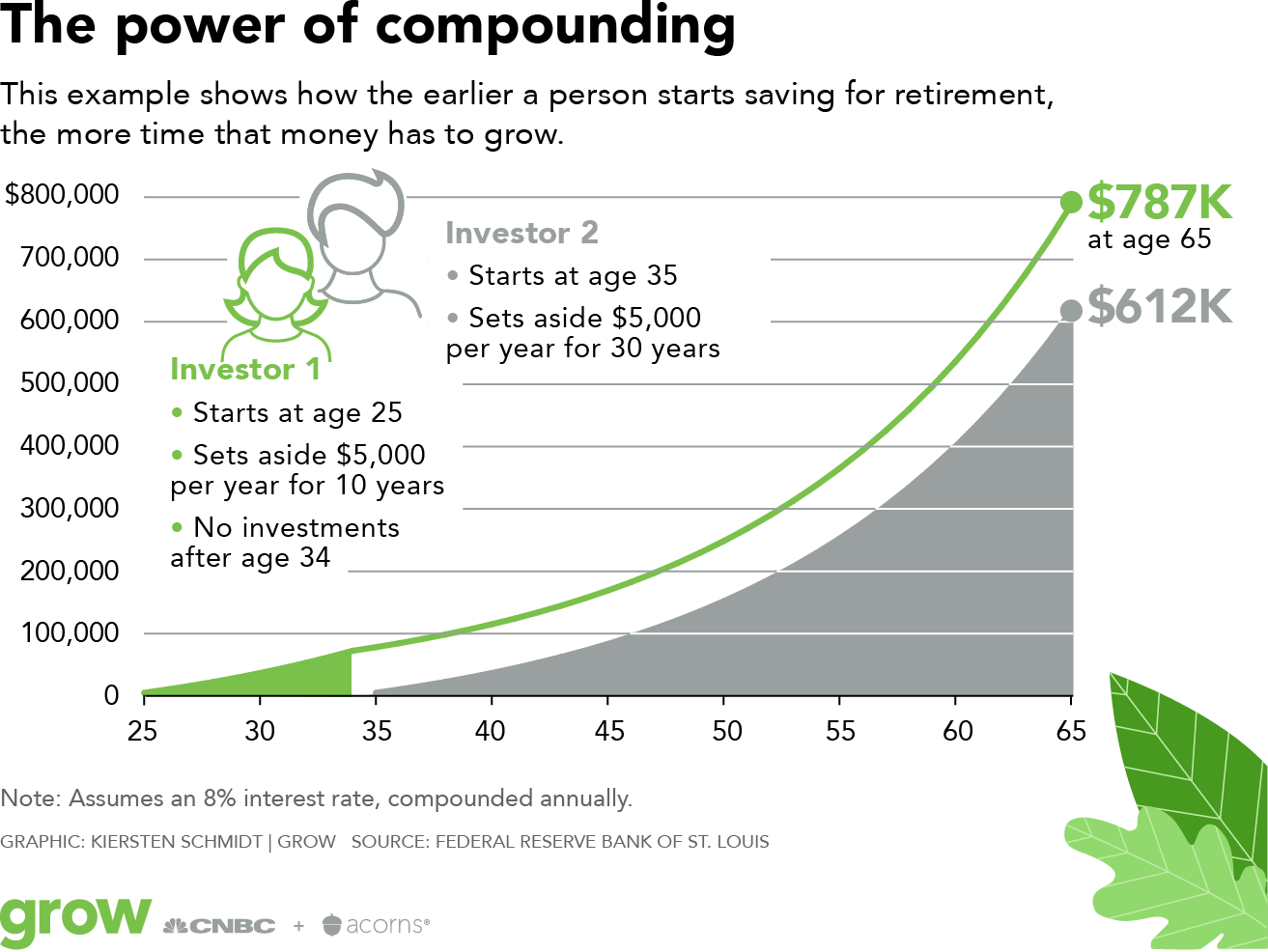Investing For Dummies Cheat Sheet - Dummies
If the idea of investing in the stock exchange scares you, you are not alone. Individuals with really minimal experience in stock investing are either frightened by horror stories of the typical financier losing 50% of their portfolio valuefor example, in the 2 bearish market that have already occurred in this millennium or are seduced by "hot ideas" that bear the promise of substantial rewards however rarely pay off.
The reality is that buying the stock exchange brings threat, but when approached in a disciplined manner, it is among Click for info the most efficient methods to construct up one's net worth. While the value of one's home generally represents most of the net worth of the typical private, the majority of the affluent and extremely abundant usually have the bulk of their wealth invested in stocks.
Secret Takeaways Stocks, or shares of a business, represent ownership equity in the firm, which offer shareholders voting rights along with a residual claim on corporate profits in the type of capital gains and dividends. Stock exchange are where private and institutional investors come together to buy and offer shares in a public location.

A specific or entity that owns 100,000 shares of a business with one million impressive shares would have a 10% ownership stake in it. A lot of companies have exceptional shares that run into the millions or billions. Typical and Preferred Stock While there are 2 primary kinds of stocktypical and chosenthe term "equities" is associated with typical shares, as their combined market value and trading volumes are numerous magnitudes bigger than that of favored shares.
Preferred shares are so called due to the fact that they have preference over the common shares in a business to get dividends As assets in the event of a liquidation. Common stock can be more classified in regards to their ballot rights. While the fundamental property of common shares is that they ought to have equivalent ballot rightsone vote per share heldsome business have dual or several classes of stock with various ballot rights connected to each class.